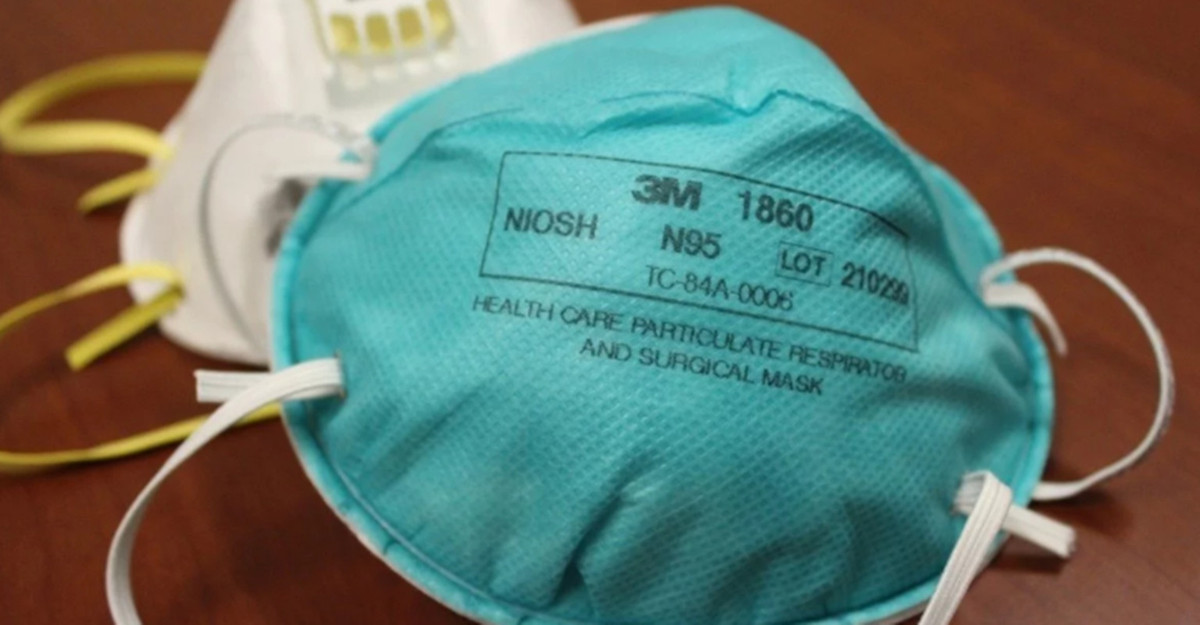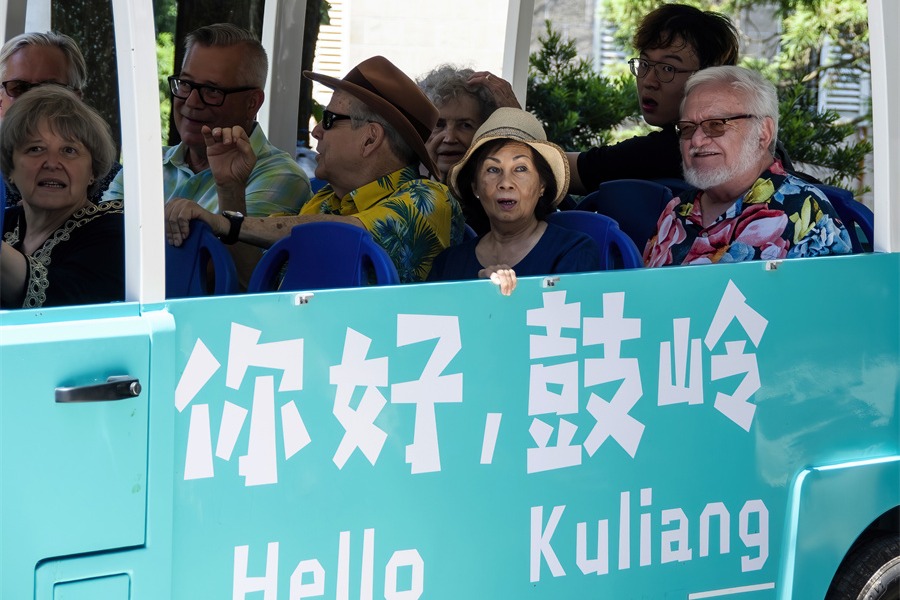NY man charged with price gouging medical supplies amid COVID-19
By Belinda Robinson in New York | chinadaily.com.cn | Updated: 2020-04-30 05:19

A New York salesman who allegedly hoarded vital personal protective equipment and sold it at hugely inflated prices amid the coronavirus outbreak has become the first person in the nation to face charges under the Defense Production Act.
Amardeep Singh, 45, could face up to a year in prison for allegedly stockpiling and reselling surgical gowns, respirators, hand sanitizer and other goods at a warehouse in Long Island, according to the US attorney's office in Brooklyn. It comes as the nation's doctors and nurses say they've struggled to have enough equipment to keep them safe while fighting COVID-19.
Singh sold 2,000 three-ply disposable facemasks that he bought for 7 cents each for $1 each to the New York Foundation for Senior Citizens, a non-profit that helps the elderly. He also sold items to the Association to Benefit children.
US Attorney Richard Donoghue said in a press release: "Singh's amassing of critical personal protective equipment during a public health crisis and reselling at huge mark-ups places him squarely in the cross-hairs of law enforcement armed with the Defense Production Act."
The Defense Production Act of 1950 was created at the start of the Korean War. President Donald Trump enacted it again on March 18 amid the COVID-19 outbreak. The law prohibits anyone from obtaining scarce medical supplies to hoard or sell at excessive prices. It also gives the federal government the power to order a business or factory to produce goods in a crisis.
Singh, who ran a clothing store in Plainview, New York, allegedly hoarded 14 shipments of surgical gowns weighing 2.2 tons and 1.6 tons of disposable facemasks - which have been in short supply among medical professionals.
The court documents added that Singh bought 1.8 tons of hand sanitizer for $8.00 per 16 ounces and $8.50 per 32 ounces. However, he increased the price to $14.99 for 16 ounces and $24.99 for 32 ounces.
He also bought digital thermometers at $35.50 each and sold them for double the price. The court documents describe his price gouging as "unconscionably excessive prices."
Bradley Gerstman, Singh's attorney, said that his client's goods had been seized and added he had "done nothing wrong" as he'd donated some of the goods to fire stations.
The US has 1,000,242 confirmed cases of COVID-19 and 57,266 deaths as of Tuesday. Worldwide, there are 3,063,814 confirmed cases and 212,345 deaths.
In February and March at the start of the outbreak in the US and in countries like England, Spain and France, consumers rushed out to buy and stockpile toilet tissue, water and food. Some, including Singh, hoarded items for sale online.
Chris Anderson, from central Pennsylvania told The New York Times that he and a friend drove around Ohio buying about 10,000 facemasks from shops. He bought packs of 10 masks for $15 each and resold them for $40 to $50. He estimated that he made a $25,000 profit.
But weeks later, several of the largest American retail websites including Amazon, eBay and Walmart, prohibited the sale of hand sanitizer, facemasks and wipes from sellers, like Anderson, who wanted to make excessive profits.
After Amazon banned the sale of his goods, Anderson said he was left with 500 packs of antibacterial wipes that he bought for $3 and had planned to sell for $19.
Matt Colvin, 36, from Chattanooga Tennessee also hoarded 17,700 bottles of hand sanitizer to sell on Amazon in March. But the online retail site banned him from selling them on their website.
Colvin said that after the first US COVID-19 death was announced he and his brother drove locally and into Kentucky in March to buy all the hand sanitizer they could obtain. They then listed it on Amazon for $70 each. Amazon removed his listings.
"Price gouging is a clear violation of our policies, unethical, and in some areas, illegal," Amazon said in a statement.
The online giant warned them and other sellers that they could lose their accounts if they tried to list again. eBay has also banned all sales of these vital goods amid COVID-19.
Colvin and his brother underwent an investigation by Tennessee's attorney general last month as price gouging is prohibited in the state of Tennessee. On March 15, they cooperated and surrendered all of their supplies to a Tennessee nonprofit organization and officials in Kentucky.
"It's been a huge amount of whiplash," Colvin told The New York Times about the backlash to his actions.
Tennessee Attorney General Herbert Slatery III said: "Disrupting necessary supplies during an unprecedented pandemic is a serious offense. It became clear during our investigation that the Colvins realized this, and their prompt cooperation and donation led to an outcome that actually benefited some consumers."
























